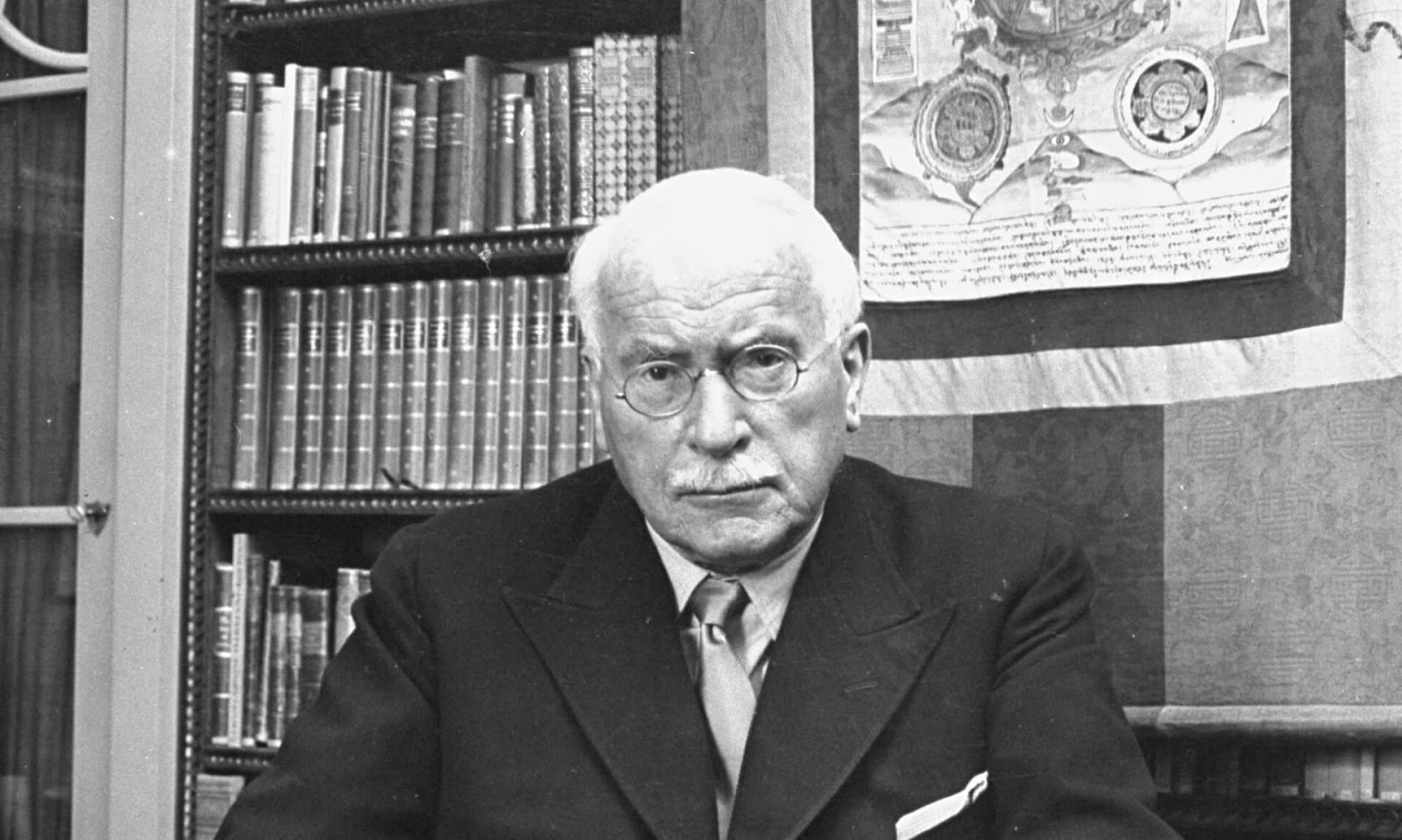Enneagram Type 5: Stress And Growth

Causes of Stress
Being introverted, preferring solitude to allocate time for their interests, valuing independence and self-sufficiency can lead Fives to stress when they cannot be alone, cannot work depending on external factors, cannot allocate time for their interests, do not receive respect for their personal space, or face interference in their lives. Staying in crowded and noisy environments for extended periods, struggling to socialize, facing excessive expectations regarding their social interactions, and dealing with people who exhibit overly emotional reactions can also be stressors for Fives.
While under stress, Fives become more aloof, evasive, critical, and tense, and if stress persists, they transition to the negative characteristics of the Seven temperament type.
At Stress Points Fives
At stress points, Fives may exhibit behaviors that are contrary to their usual demeanor, such as being uncontrolled, impulsive, careless, unusually energetic, outgoing, and talkative. They may behave illogically and superficially, and become easily angered.
They may engage in sarcastic and hurtful behaviors without considering others' feelings. They may display uncontrolled emotional reactions and disregard others' emotional sensitivities.
Their ability to think logically and objectively may decrease, and their mental functions may weaken. They may have subjective and inconsistent thoughts. While they may think quickly and practically, these thoughts lack depth. They may struggle to focus their attention.
Factors Facilitating Growth
Feeling self-sufficient, being able to engage in productive work, finding time for solitary thinking, and being more productive make Fives feel more comfortable and increase their self-confidence. They feel more relaxed and inclined to share their knowledge when they are appreciated and supported by those around them.
In their comfortable moments, Fives
gain confidence in their knowledge and skills and become more outgoing, active, talkative, and enterprising. They become more active in establishing social relationships. When they trust their knowledge, their tendency to take risks increases, and they exhibit a pioneering attitude.
They feel stronger and become more sensitive to the feelings of others. Their compassionate and protective sides become more apparent.
Abstract thoughts give way to more concrete thoughts. They consider how to utilize their knowledge. Pessimistic and negative thoughts are replaced by more optimistic and constructive thoughts.



